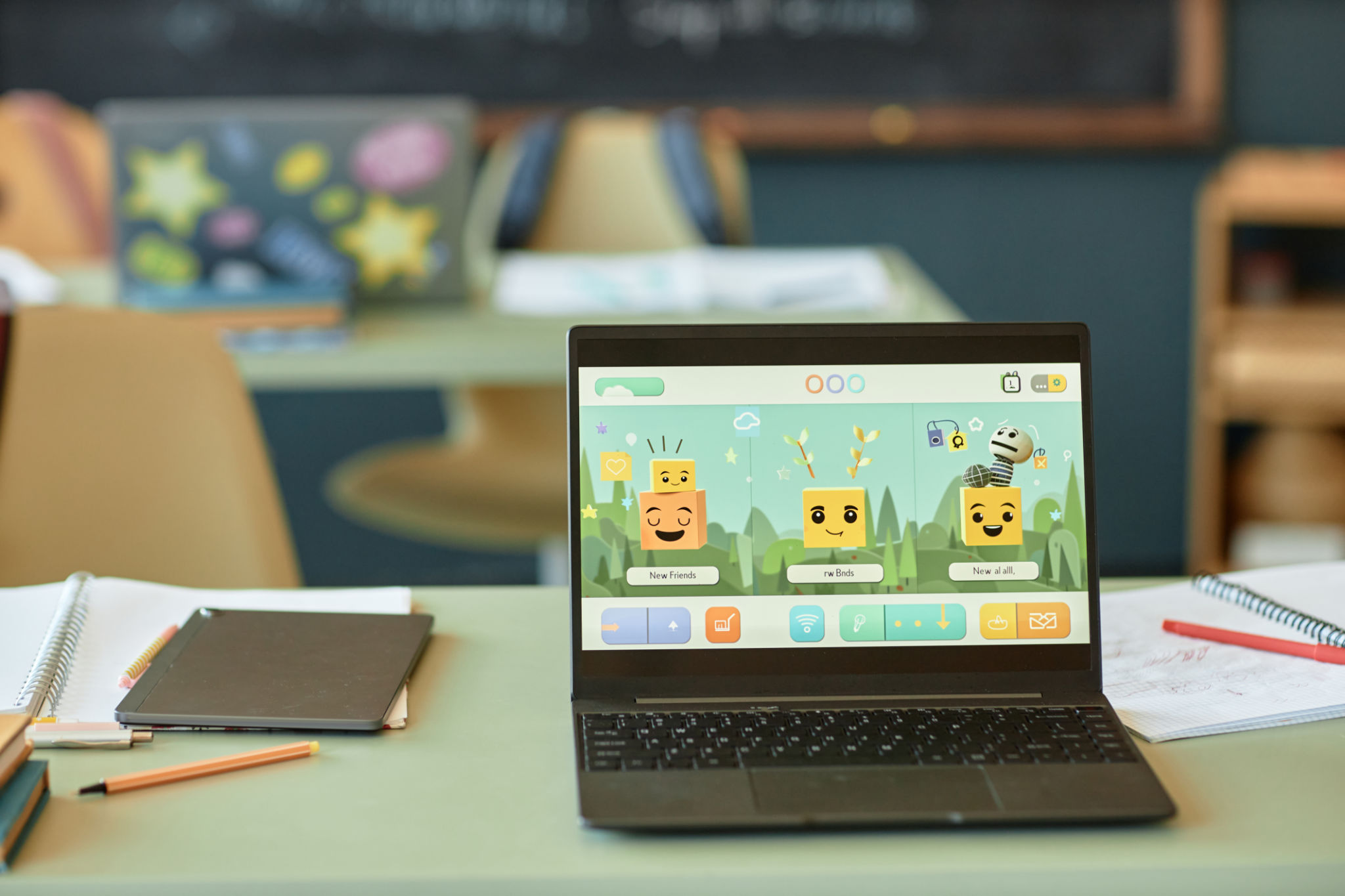Innovative Trends in Adaptive Education Technology for Kids
Embracing Adaptive Learning Technologies
In recent years, adaptive education technology has transformed the way children learn, making education more personalized and engaging. By using data-driven insights, these technologies tailor educational experiences to meet the individual needs of each student. This approach not only enhances learning outcomes but also fosters a love for learning in young minds.

The Role of Artificial Intelligence
Artificial Intelligence (AI) plays a pivotal role in adaptive learning technologies. By analyzing student data, AI can identify learning patterns and predict areas where a student might need additional support. This enables educators to provide targeted interventions, ensuring no child falls behind. Moreover, AI-powered platforms can offer real-time feedback, allowing students to correct mistakes and learn more effectively.
AI-driven tools also promote self-paced learning, a critical aspect of adaptive education. Students can progress through the material at their own speed, revisiting challenging topics as needed. This flexibility ensures that every child can master core concepts before moving on to more advanced subjects.
Gamification in Education
Gamification is another innovative trend in adaptive education technology. By incorporating game-like elements into educational content, these platforms make learning fun and interactive. Points, badges, and leaderboards motivate students to engage with the material actively. This approach not only increases student participation but also helps improve retention and comprehension.

Games also provide a safe environment for children to experiment and learn from their mistakes without fear of failure. This encourages a growth mindset, where students view challenges as opportunities for development rather than obstacles.
Virtual and Augmented Reality
Virtual and Augmented Reality (VR and AR) are revolutionizing the educational landscape by providing immersive learning experiences. These technologies allow students to explore historical events, visit distant places, or even conduct complex science experiments in a virtual setting. Such experiences make abstract concepts more tangible, aiding understanding and retention.
Furthermore, VR and AR can cater to different learning styles. Visual learners, in particular, benefit from these technologies as they can see and interact with 3D models and simulations.

The Importance of Accessibility
Adaptive education technologies are also making strides in accessibility. Tools are being developed to support children with disabilities, ensuring they have equal opportunities to learn and succeed. Features such as text-to-speech, speech recognition, and customizable interfaces adapt to the diverse needs of students.
By breaking down barriers to learning, these technologies promote inclusivity and ensure that all students can benefit from a high-quality education tailored to their abilities and preferences.
The Future of Adaptive Education
As technology continues to evolve, so will the capabilities of adaptive education tools. The integration of machine learning, AI, and other advanced technologies will likely lead to even more personalized and effective learning experiences. By staying at the forefront of these innovations, educators can better prepare students for the challenges of the future.
The promise of adaptive education technology lies in its potential to create a more equitable and engaging learning environment for children worldwide. As these trends continue to develop, they hold the power to reshape education and unlock the full potential of every learner.
